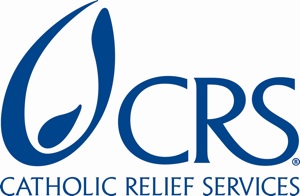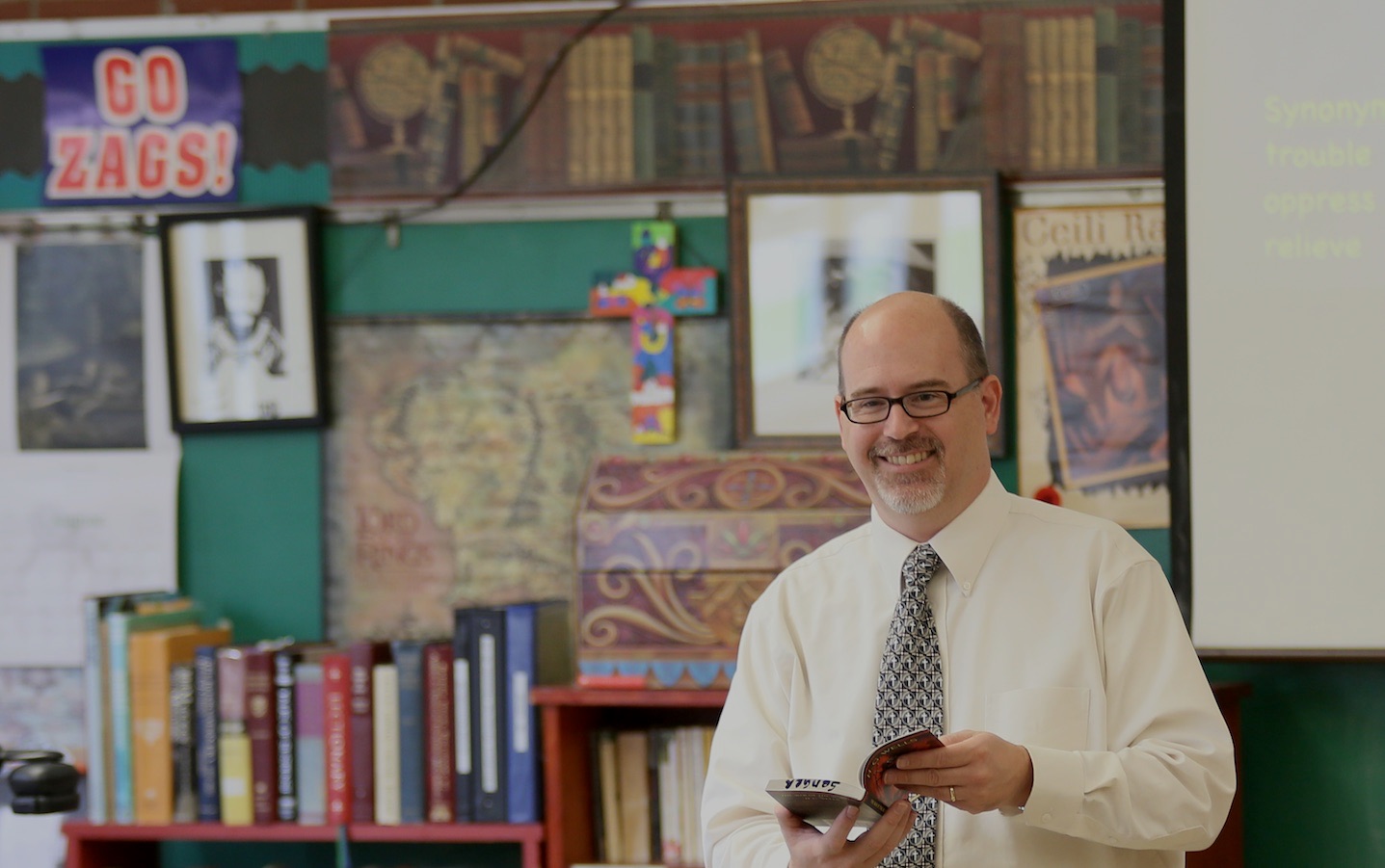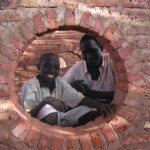 Catholic Relief Services is on the forefront of using new media to evangelize and mobilize Catholics to live out the corporal works of mercy. Each month CRS conducts a free webcast to highlight a different aspect of its mission to “alleviate suffering and provide assistance to people in need…without regard to race, religion or nationality.” This month’s webcast takes place at 2 p.m. Eastern on Wednesday, April 14, and is intended to help participants understand the Church’s approach to extracting natural resources.
Catholic Relief Services is on the forefront of using new media to evangelize and mobilize Catholics to live out the corporal works of mercy. Each month CRS conducts a free webcast to highlight a different aspect of its mission to “alleviate suffering and provide assistance to people in need…without regard to race, religion or nationality.” This month’s webcast takes place at 2 p.m. Eastern on Wednesday, April 14, and is intended to help participants understand the Church’s approach to extracting natural resources.
According to the registration page, the webcast will provide the following:
- An on-the-ground view from a CRS staff person working with people affected by the extraction of natural resources;
- An overview of CRS’ response and support for the people who live there;
- USCCB and CRS’ policy recommendations for how U.S. policymakers can make a difference on these issues based on Catholic social teaching and our experience;
- Ideas on how Catholics in the U.S., through the Catholics Confront Global Poverty initiative, can support greater transparency; in natural resources extraction in the developing world;
- An opportunity to ask the presenters questions about these issues and engage them in dialogue.
I attended the February webcast and found it so informative and interesting that I’ve already registered for this month’s presentation. Since it takes place in the middle of the day, I plan on projecting the conference live for my eighth grade Religion class so we can observe it together and discuss it afterward.
The webcast is part of the Catholics Confront Global Poverty initiative, a joint effort of Catholic Relief Services and the USCCB. The following video explains the effort:
It’s an important endeavor, and one that our Catholic youth need to be a part of. Attending the webcast is easy: simply register for free, then follow the directions you receive via email. I hope to see you there.



